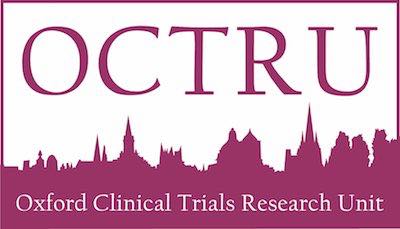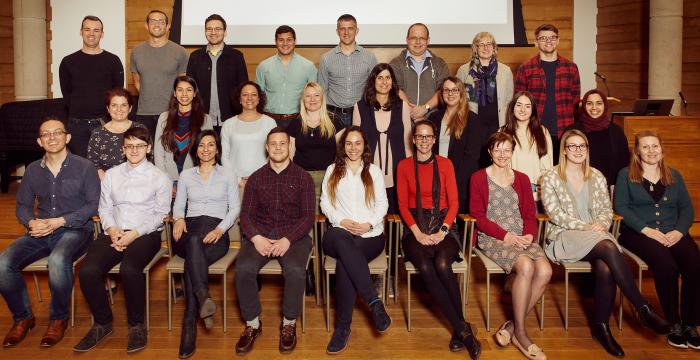
01/12/2021 Recruitment has been suspended to the trial following the advice of the study's Data and Safety Monitioring Committee and the Trial Steerring Committee. Recruitment is not beign suspended due to safety concerns. More information to follow.
03/02/2021 9 sites are open. Recruitment paused at some due to COVID-19 redeplyoment, so is the set up. Aneurin Bevan Health Bord is open to recruitment.
08/01/2021 Recruitment continues at sites who confirmed capacity despite current COVID-19 situation - this is much appreciated. Cardiff and Vale UHB is now open to recruitment!
02/12/2020 Six sites open across the UK with St. George's Hospital London, Medway Maritime Hospital, Royal Derby Hospital joining recently!
24/09/2020 The study continues seamlessly into the definitive stage and more sites are being set up
14/04/2020 Following successful recruitment during the feasibility stage, an amendment for transition into a full study was submitted and is now approved by Wales REC 5 Committee
22/03/2020 As a result of the Covid-19 Virus WHiTE 9 has currently suspneded recruitment.
21/01/2020 Great recruitment - we are planning the extension into full study! Get in touch white9@ndorms.ox.ac.uk and get involved!
18/11/2019 Three sites open, 38 patients recruited!
18/10/2019 Royal Berskshire recruited our first patient!
11/10/2019 Activated our first two sites to begin recruitment, University Hospital Coventry & Royal Berkshire Hospital.
11/10/2019 Been grated greenlight from OCTRU.
Inclusion criteria
- All patients, both those with and without capacity, presenting with a fracture of the hip (AO type A1-3 & ST and B1-3) who, in the opinion of the operating surgeon, would benefit from surgery
Exclusion criteria
- Patients younger than 60 years of age
- Patients undergoing percutaneous (cannulated) hip screw fixation
- Patients for whom the treating surgeon has already elected to use cell salvage (for example Jehovah Witness)
- Patients who have sustained a pathological fracture.



